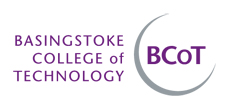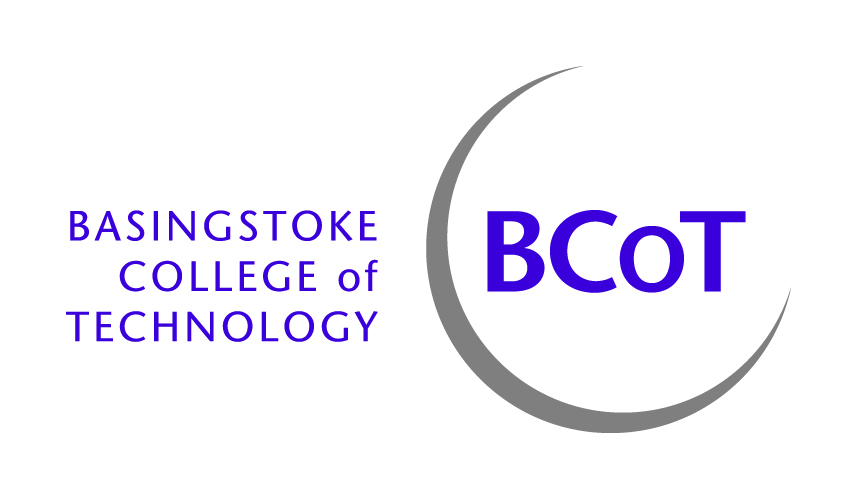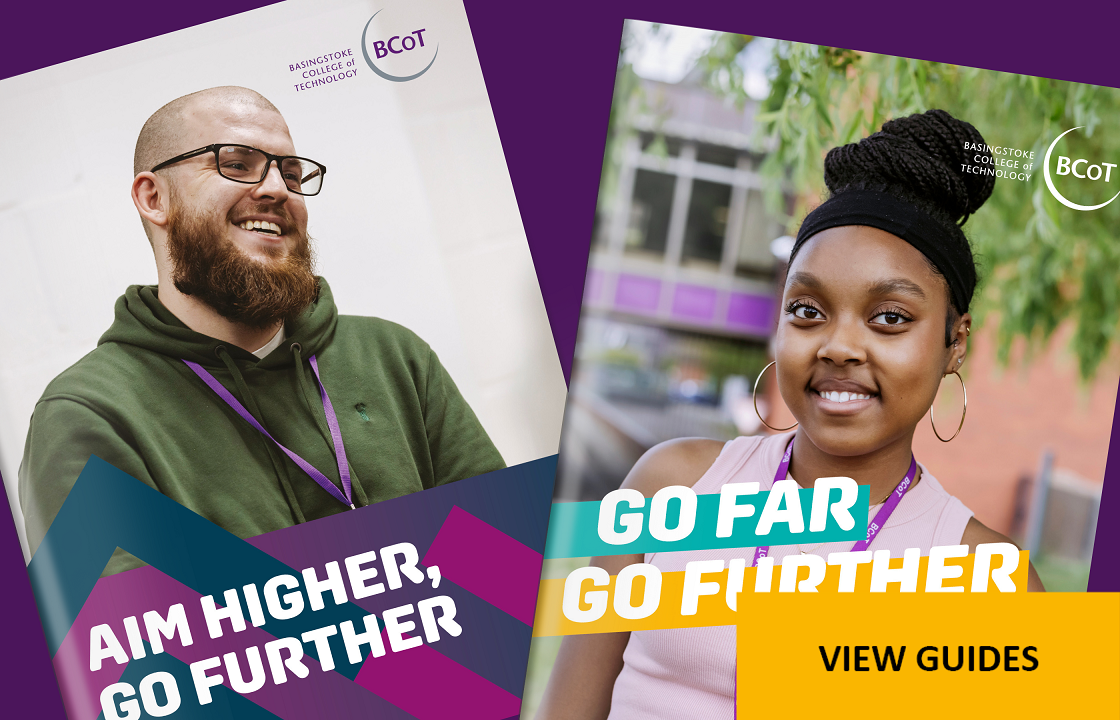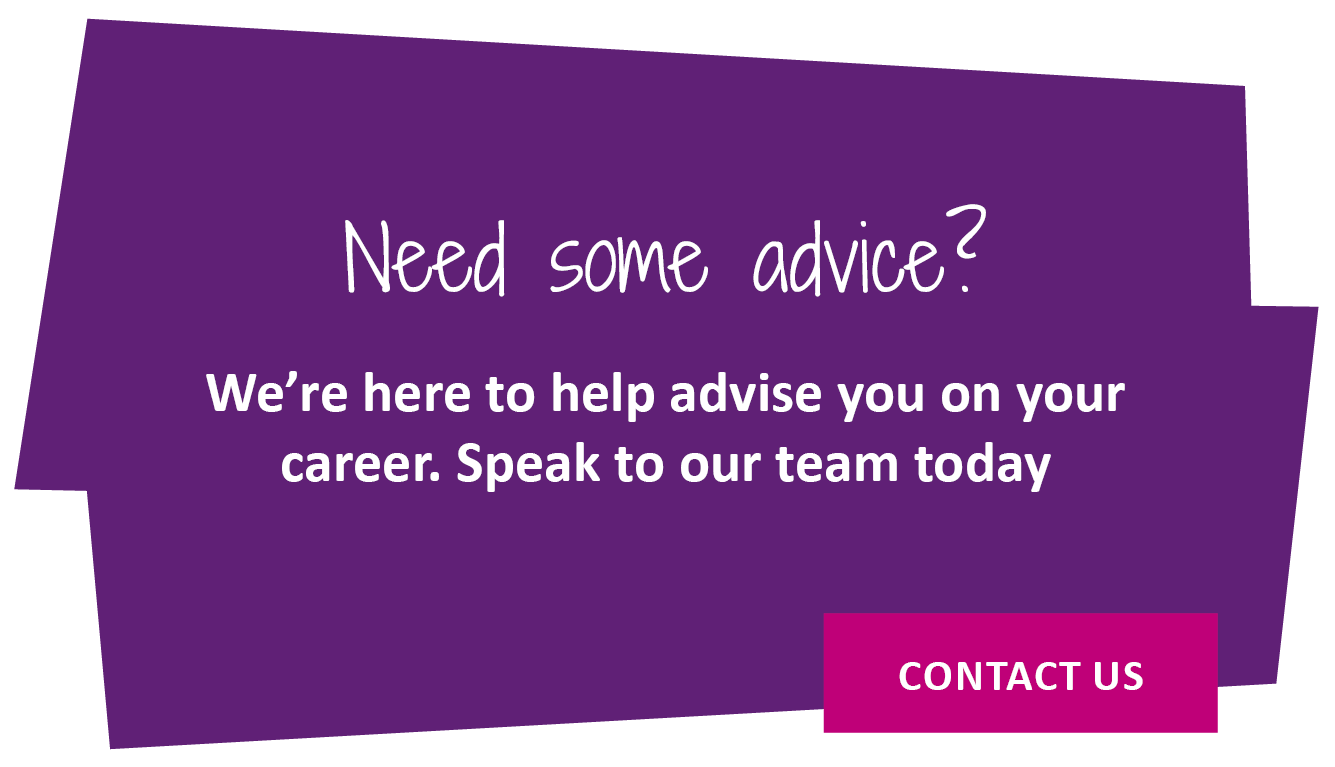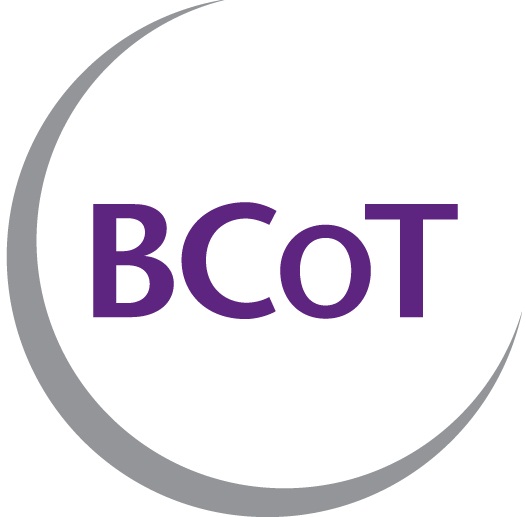Level 2 Introduction to Counselling Skills Certificate
Enrol NowLevel 2 Introduction to Counselling Skills Certificate
FIND A COURSELevel 2 Introduction to Counselling Skills Certificate
Enrol NowLevel 2 Introduction to Counselling Skills Certificate
FIND A COURSE
This TQUK qualification focuses on essential counselling skills to enable you to provide support wherever required. The course provides you with an understanding of various theoretical approaches and covers the importance of a counselling relationship and helpful interaction techniques.
Many people find it helpful and empowering to seek the support of counselling at some point in their lives. People in any situation could benefit from counselling, and those with the correct understanding, knowledge and skills can provide them with support to improve their wellbeing.
This course is made up of 4 units, with one practical element to this course.
A simulated counselling session is to be recorded and uploaded to your online learning platform in Unit 4.
- Unit 1: Using Counselling Skills
Learn to identify core counselling skills alongside understanding how these are practised in a counselling relationship. Gain an understanding of how to establish an effective working relationship and consider the boundaries which need to be respected in this sensitive role. - Unit 2: Introduction to Counselling Skills Theories
This unit will introduce key elements of the main theoretical approaches in counselling, psychodynamics, person-centred therapy and cognitive behavioural therapy. There are key practical differences between these theories and you will hone your skills in understanding the significant importance of counselling theory. - Unit 3: Diversity and Ethics in the Use of Counselling Skills
This unit covers the concepts of diversity and ethics. Gain an understanding of anti-discriminatory practice, discover the key aspects of an ethical framework, and discover ways to address diversity in counselling skills practice. - Unit 4: Counselling Skills and Personal Development
This unit encourages the development of self-understanding, identifying values and beliefs and the ability to reflect on personal qualities and skills.
There are no specific entry requirements for the course. However, you may find it helpful if you’ve already achieved a level 1 qualification in a related subject.
To complete this distance learning course at no charge you will need to match the following entry criteria:
- Are a resident of the EEU (European Economic Area) and have been for at least 3 years
- Will be undertaking your learning within England
- You are over the age of 19
- There are no formal entry requirements for this course but you will need to have a good standard of English and maths
- Studying via distance learning means you can choose when and where you study.
- We recommended allowing a minimum of 5 to 6 hours per week to study this course in your own time.
- You will be given submission dates for each unit to help you stay on track and complete within the allocated timeframe of 6 months.
- This course is delivered through online assessments and online learning materials.
- You are required to study the learning materials online and then answer knowledge-based assessments that confirm your understanding of the topics.
- We encourage learners to reflect on their own experiences, work-based or personal and include these within their answers where relevant and suitable.
- This is a level 2 qualification, answers should be formed in paragraphs and learners will be required to write in detail, using structured sentences demonstrating knowledge.
- Learners are allocated a marker, who will provide feedback and guidance on all assessment submissions.
- Nationally Recognised Accredited PDF Certificate
- Digital certificate - Included
- Nationally Recognised Accredited Hard Copy Certificate
- Hard copy certificate - £35.00
- A physical, high-quality copy of your certificate will be printed and mailed to you for only £35.00
- Level 2 Counselling Skills CPCAB Certificate
